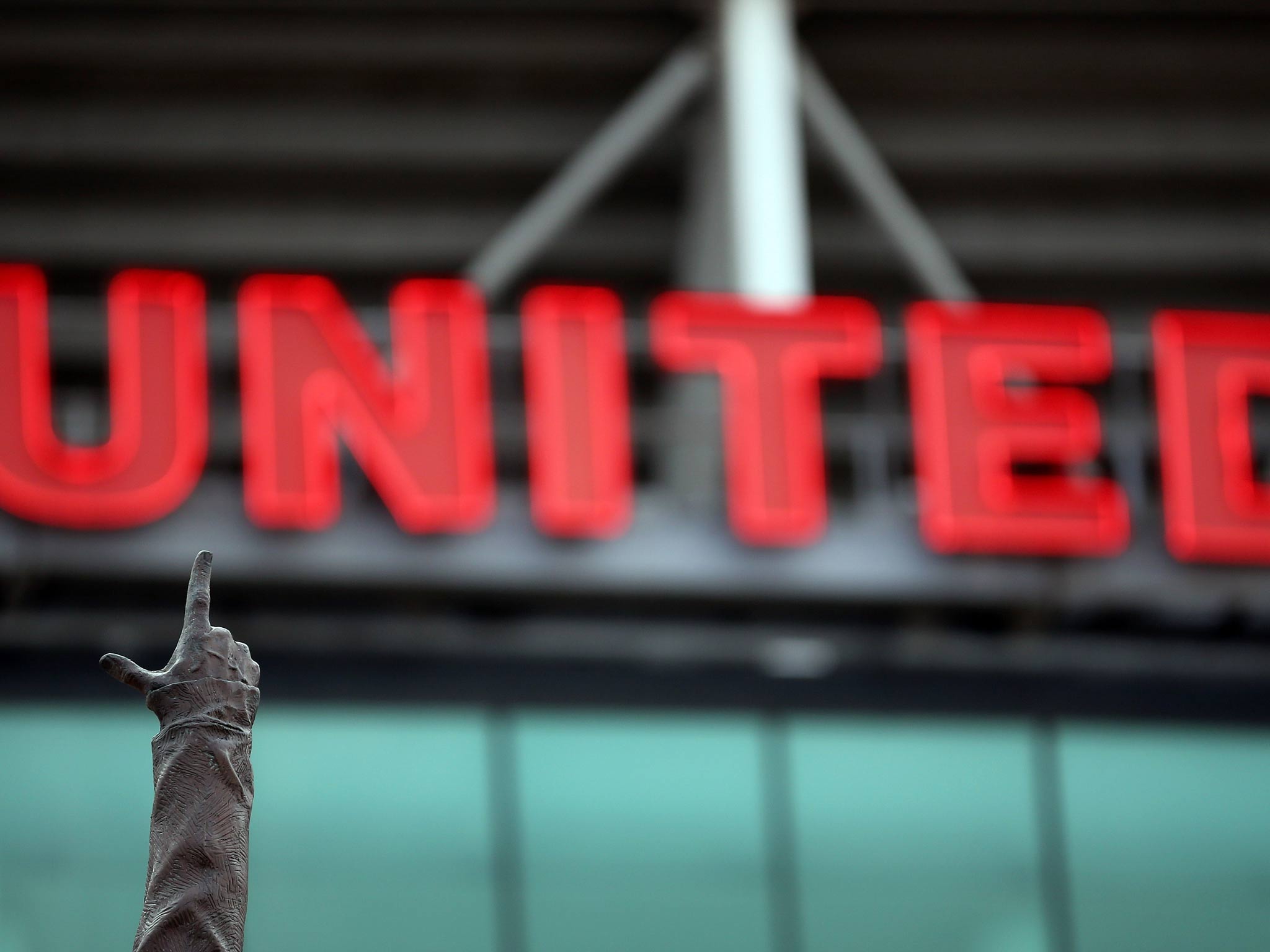Manchester United finances: What the numbers mean
Revenues are up but profits are down at Old Trafford

Manchester United today revealed their annual financial results. Here, we take a look at the key figures.
:: record annual revenue of £433.2million for last season; this is the club's total income and does not include outgoings such as wages, taxes and transfer fees.
:: current season's estimated revenue to be £385m to £395m, a drop of £38m to £48m as a result of missing out on Champions League.
:: profit of £23.8m; this is down from previous year's £146.4m but that huge sum was entirely due to a one-off tax credit from American assets of £155m.
:: underlying profits, known as EBITDA and used as a guide to the health of a company, were £130.1m for 2013/14, compared with £108.6m the previous year, but these are expected to fall to £90m to £95m next year.
:: £5.2m is the cost of the compensation paid to sacked manager David Moyes and some members of his coaching team.
:: United's wage bill rose 19 per cent to £214.8m, an increase of £34.3m.
:: United's sponsorship income increased by 49 per cent last year with a number of new deals coming on stream. Commercial income now makes up 44 per cent of the overall revenue.
:: Spending on new players was £78.9m net, including the signings of Juan Mata and Maroune Fellaini but not those who have joined since June such as Luke Shaw, Angel di Maria and Radamel Falcao.
:: The gross debt - which dates back to when the Glazer family bought the club - is down to £341.8m from £389m, and the cost of servicing that debt down to £27.4m. In 2010, five years after the takeover, the debt had risen to £710m from an initial £660m. Since 2010, large chunks of the debt have been paid off.
Join our commenting forum
Join thought-provoking conversations, follow other Independent readers and see their replies
Comments
Bookmark popover
Removed from bookmarks